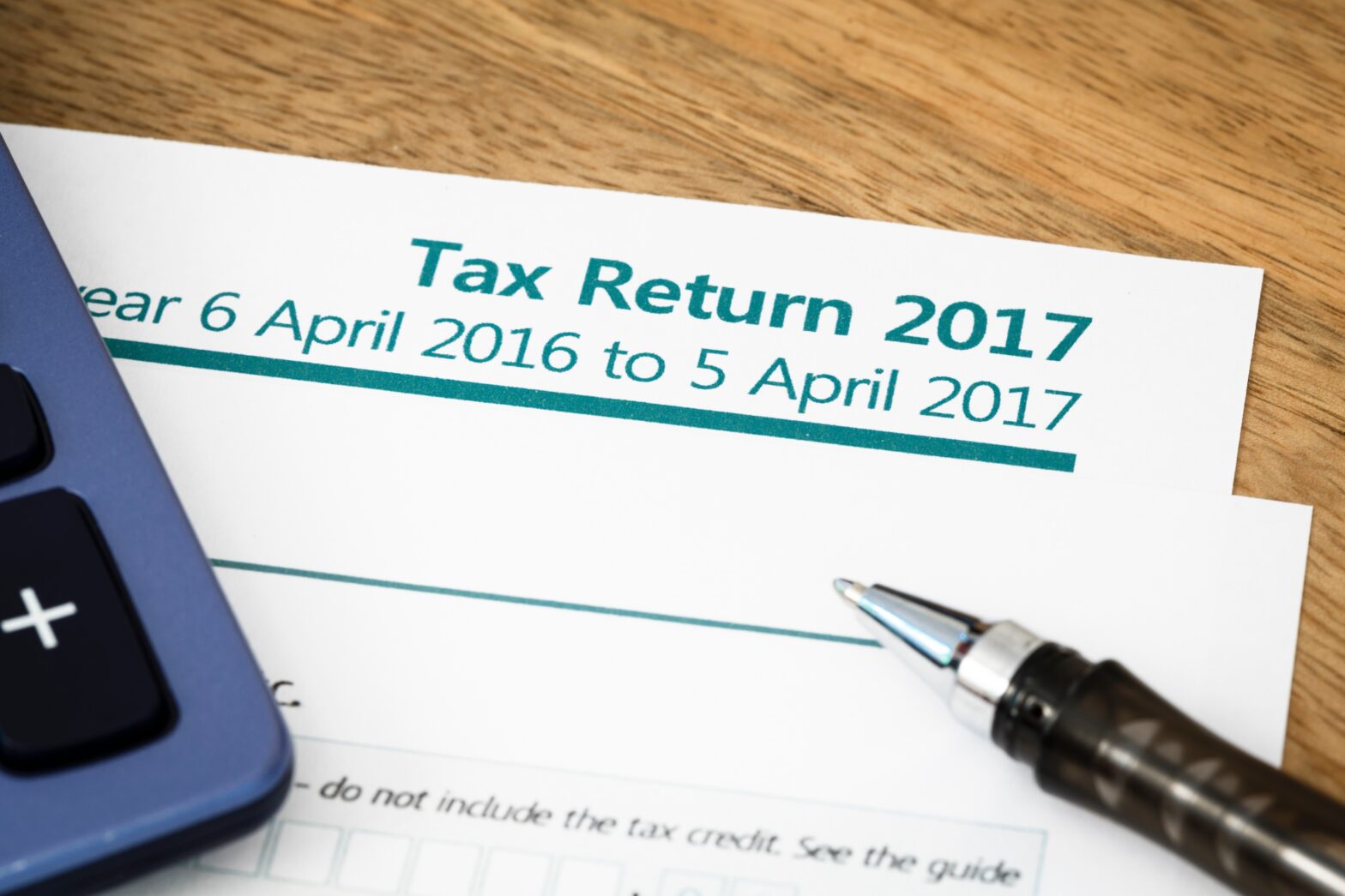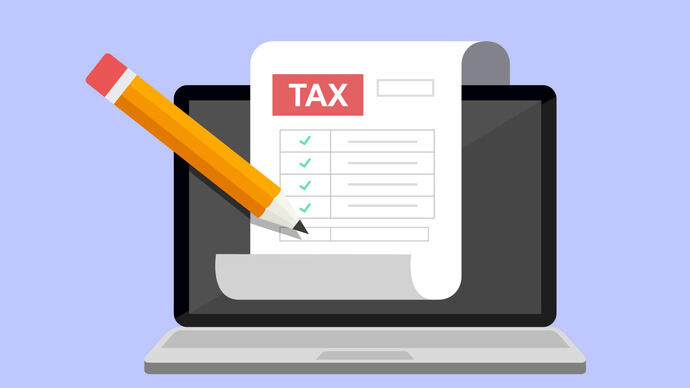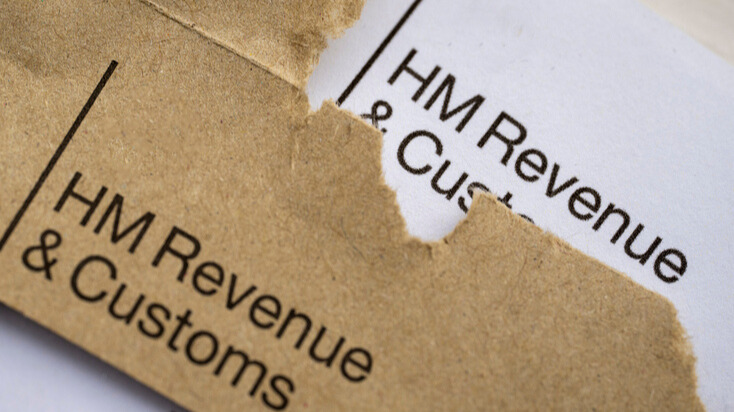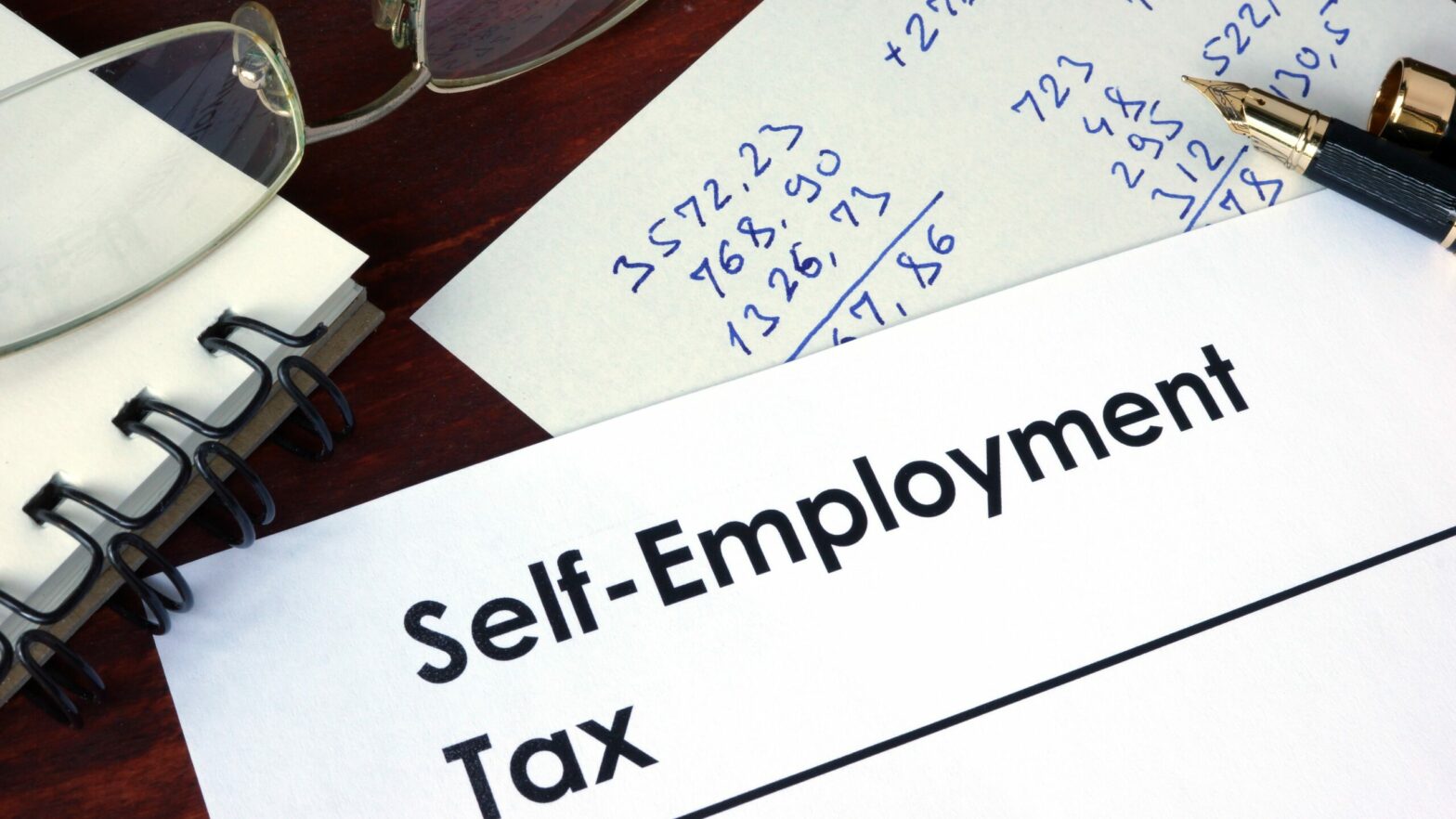What questions should new businesses be asking themselves when it comes to tax? Laurence Field, tax partner at national audit, tax and advisory firm, Crowe Clark Whitehill provides the all-important answers to the key questions.
When it comes to start-ups there are a lot of things that need to be considered and tax implications are certainly on the list. New entrepreneurs can be in the dark about the tax issues that come with running a business.
Related: Accounting for start-ups – 6 tips for those starting a business
Here, we outline the nine key questions start-ups should be asking themselves when it comes to tax and provide some pointers as to how to deal with them.
Question 1: Are there any assets owned by someone else that will be used in the business and how will we ensure the business gets to use them in a tax efficient way?
A: Using assets owned by someone else in the business is a great way to get things started. These assets include offices, intellectual property, equipment, and so on. Should you buy them? Should you rent them? A lot depends on the longer term business strategy.
Question 2: Will the business need financing? Where will the cash come from – the founders or third parties? Will Seed Enterprise Investment Scheme/Venture Capital Trust/Enterprise Investment Scheme reliefs be appropriate?
A. It is important for start-ups to work on facts, not optimism. Knowing the best financing sources for you, and knowing if you are eligible for reliefs, is key to starting up on a firm foundation. Using approved investment reliefs, for instance, will save early stage companies considerable taxes right at the time when you are looking to convince them it is a great prospect.
Questions 3: If the business borrows money – will it have enough profit to get tax value for any interest deductions? If not, how long before it becomes taxable?
A. Look at your business plan you need to know the answers before you seek to borrow money, as if a tax deduction can’t be obtained the loan costs a lot more.
Question 4: Doing any Research and Development (R&D)? Don’t forget to make a claim – it’s a further subsidy to your business from the tax system
A. Many start-ups do not realise that innovations they might be making to processes and systems are also seen as R&D – it’s not just for scientists, the reliefs for innovation can be substantial. It’s a way of subsidising your business through the tax system. If you’re loss making due to R&D credits can trade the losses in for cash.
Question 5: Don’t pay yourself before you have to. There’s little benefit to putting money into a company only to take it out again net of PAYE and National Insurance Contributions (NIC). Try to pay yourself out of profits, not capital.
A. Of course you need to live, so work out a way you can sustain yourself in a tax-advantageous way without drawing valuable life-blood from your start-up. For instance, entrepreneurs often take a minimal salary in the early stages. However, don’t target the minimum wage legislation.
Question 6: Taking on employees? Don’t forget NIC, auto enrolment, expense reporting (no dispensations any more) – if you grow quickly the Apprenticeship Levy will need to be addressed
A. There are no short-cuts here and no cheap staff options. Getting is wrong now could open you to penalties later. Be sure you know the tax implications of being an employer.
Question 7: Taking on workers off payroll? Make sure you know whether they are employed or self-employed. Keep an eye on the news, the Taylor report has recommended some changes
A. The tax man is really keen to understand if workers are employed or self-employed. . Misunderstanding what the legal implications are of hiring people you believe are self-employed could damage your business when HMRC look into it.
Question 8: Isn’t there loads of paper work?
A. Get organised. VAT returns can be dull, but get them wrong and they can be expensive. If you’ve got a repayment, get them in as quick as you can. Keep up to date with your obligations, a good record really helps in relations with HMRC. Many accounting packages exist that can help.
Question 9: Is it worth worrying about tax when I’m trying to start up? Plan for success. Think about how you own the business – can I sell it, will I get entrepreneurs relief, and how should I take money out? By way of salary, by way of dividend? How will I tend it? What will a buyer want to see?
A. Keep good tax records. It gives the next owners confidence. Running a successful business is what really matters.





